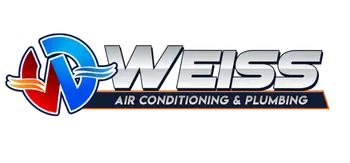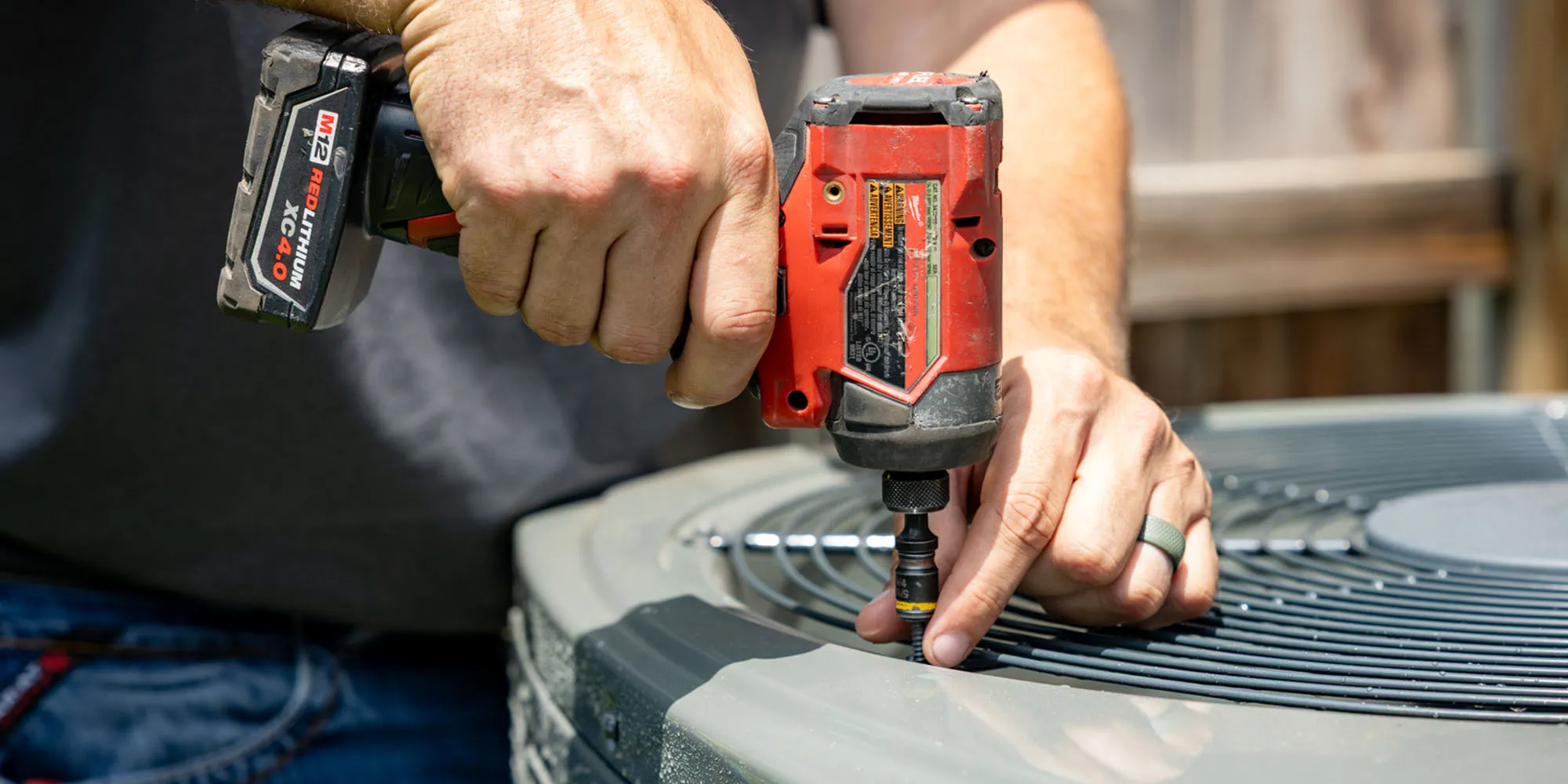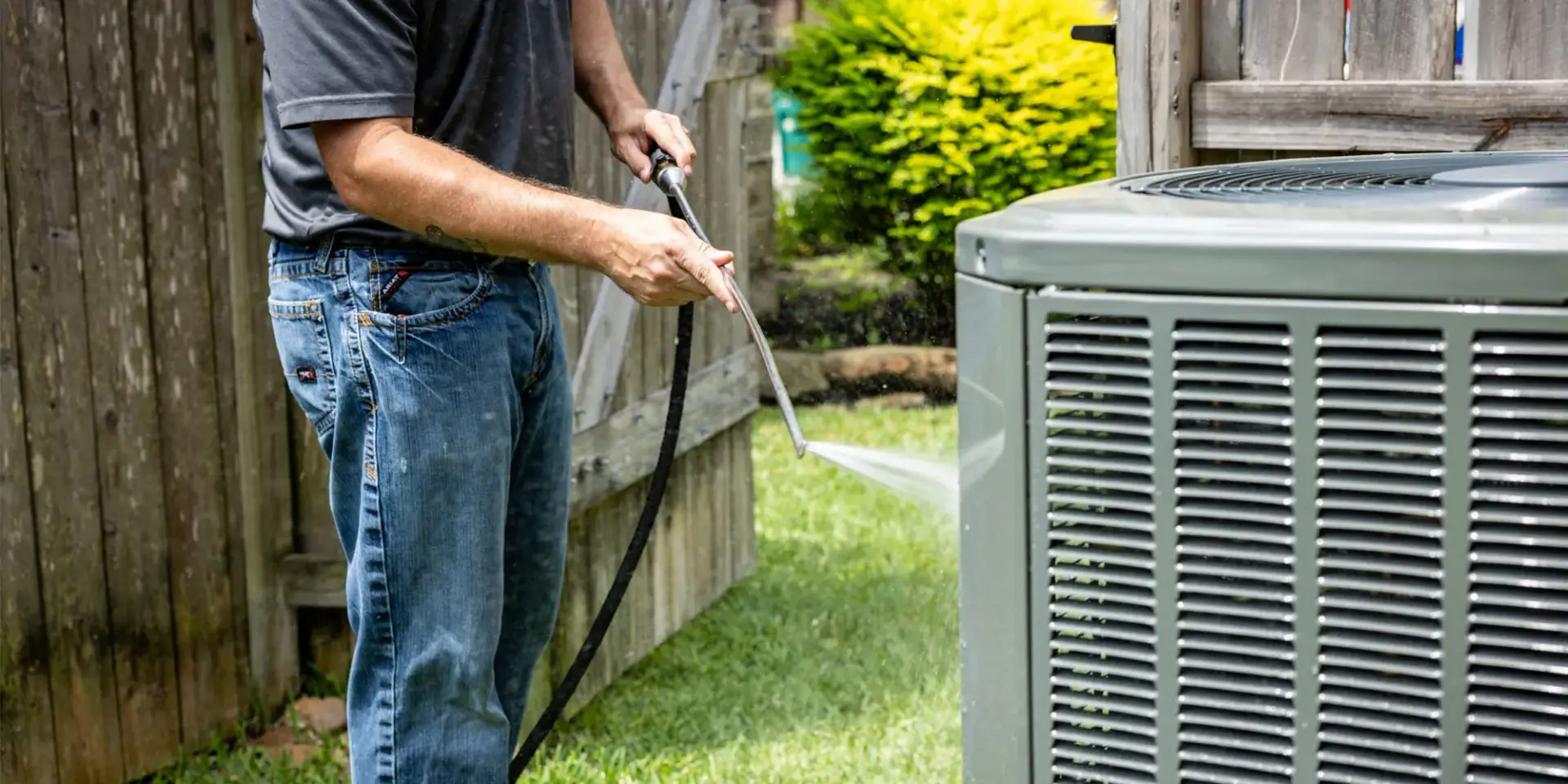Your air conditioner plays a vital role in maintaining comfort during warmer months, especially in locations with intense heat. Knowing when to repair your AC can save you time, money, and the stress of dealing with uncomfortable temperatures. In this blog post, we’ll discuss common warning signs your air conditioner needs repair, potential costs, and reliable solutions to help you act promptly and keep your system running efficiently.
Signs Your Air Conditioner Needs Repair
Most air conditioning issues show early warning signs that can help you address problems before they become major concerns. Learning to spot these signs can help you avoid complete system failure.
Common Signs:
- Warm Air from Vents: If your AC is running but blowing warm air, it could indicate refrigerant leaks or a malfunctioning compressor.
- Unusual Noises: Banging, grinding, or rattling sounds may suggest loose components or mechanical issues.
- Short Cycling: Constantly turning on and off places stress on the system, increasing wear and energy consumption.
- Humidity Indoors: Air conditioners should regulate the humidity in your space. If the air feels sticky, your system may not be functioning properly.
- Higher Energy Bills: Rising electricity bills without an increase in usage may be due to your air conditioner working harder due to inefficiency or underlying problems.
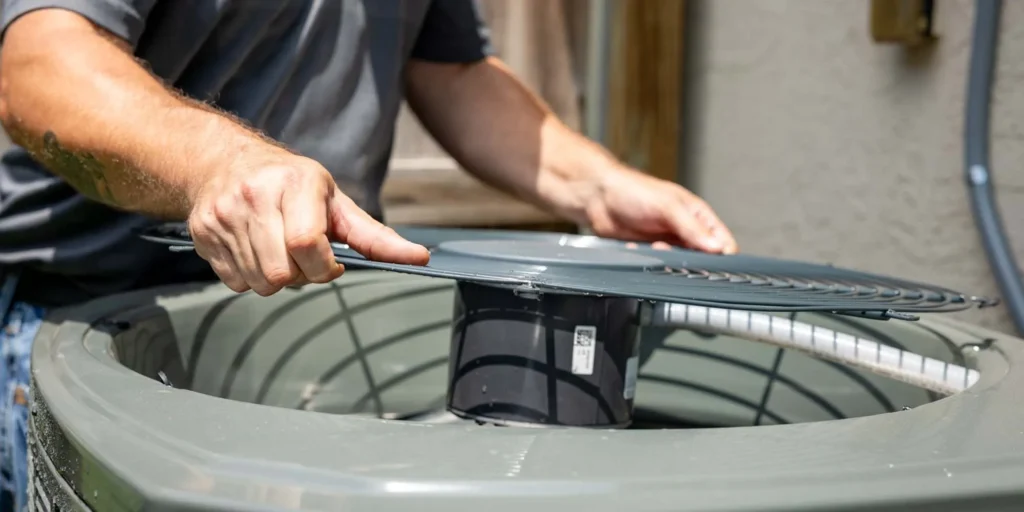
When to Repair vs Replace Your AC
Determining whether to repair your air conditioner or replace it altogether depends on the extent of the damage and the age of your system. As a general rule:
- Repair Your AC: Minor issues like faulty wiring, clogged filters, or low refrigerant are typically cost-effective to fix.
- Replace Your AC: If your AC is over 10–15 years old and major components like the compressor or condenser fail, a replacement might be more economical in the long term.
Pro tip: Regular maintenance can extend the lifespan of your AC and reduce the chances of needing a replacement prematurely.
The Cost of AC Repairs
The cost of repairing your air conditioner varies depending on the extent of the problem, type of repair, and brand of your system. Here’s a breakdown of common repair cost factors:
- Minor Repairs: Fixing a clogged filter or replacing a thermostat can cost anywhere between $75–$200.
- Moderate Repairs: Issues like repairing refrigerant leaks or cleaning condenser coils may range from $200–$600.
- Major Repairs: Replacing crucial parts like a compressor or fan motor can cost $1,000 or more.
While repair costs may seem steep, addressing issues early can prevent higher expenses and total system failure.
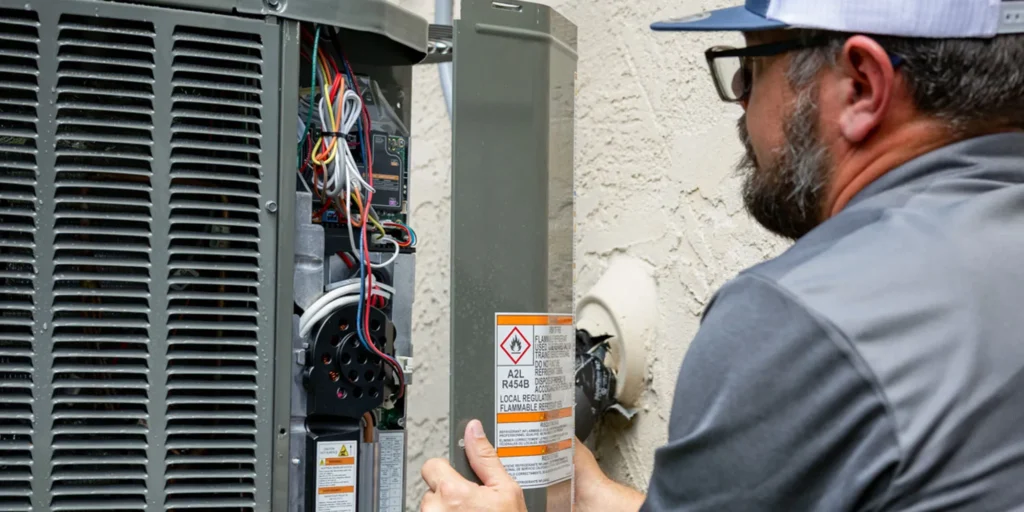
Expert Solutions for AC Repair
Reliable, expert service ensures your air conditioner is repaired quickly and effectively. Whether the issue is small or complex, here’s what professional technicians focus on:
What You Can Expect from Professionals:
- Root Cause Identification: Experts pinpoint the exact issue and address the underlying problem, rather than performing temporary fixes.
- Upfront Pricing: Professionals typically provide clear pricing with no hidden fees.
- Versatility Across Brands: Trained technicians can service all major brands like Trane, Carrier, Bryant, and Lennox, ensuring your system’s needs are met.
- Preventative Solutions: After repairs, many experts offer solutions to prevent future issues, like maintenance tips or upgrades to improve system efficiency.
DIY vs Professional AC Repair
While some AC problems, like changing the air filter or cleaning the outdoor unit, can be handled as DIY tasks, it’s important to leave more complex issues to professionals. Attempting to fix refrigerant leaks or electrical wiring without proper training can lead to further damage and safety risks.
Benefits of Professional Repairs:
- Safety: Technicians are trained to handle toxic refrigerants and electrical components safely.
- Efficiency: Professionals get repairs done faster, restoring comfort promptly.
- Warranty Protection: DIY fixes may void warranties on your system, leaving you liable for future costs.
Tips for Preventing AC Repairs
Maintenance is key to minimizing the need for costly repairs. By routinely checking and maintaining your air conditioner, you can prolong its lifespan and keep it operating efficiently.
Preventative Measures:
- Replace air filters regularly to ensure proper airflow.
- Clear debris from around your outdoor unit to prevent blockages.
- Schedule annual maintenance inspections with an HVAC professional.
- Monitor your system for early signs of wear or inefficiency.
Conclusion
Recognizing when to repair your air conditioner is essential for maintaining a comfortable home and avoiding costly breakdowns. Keep an eye out for early warning signs like unusual noises or rising energy bills, and don’t delay addressing minor issues. While DIY maintenance can help, professional services are invaluable for ensuring proper, lasting repairs.
Whether it’s a simple repair or a complete replacement, acting quickly and relying on expert solutions will help you keep your home cool and efficient during the hot months.
